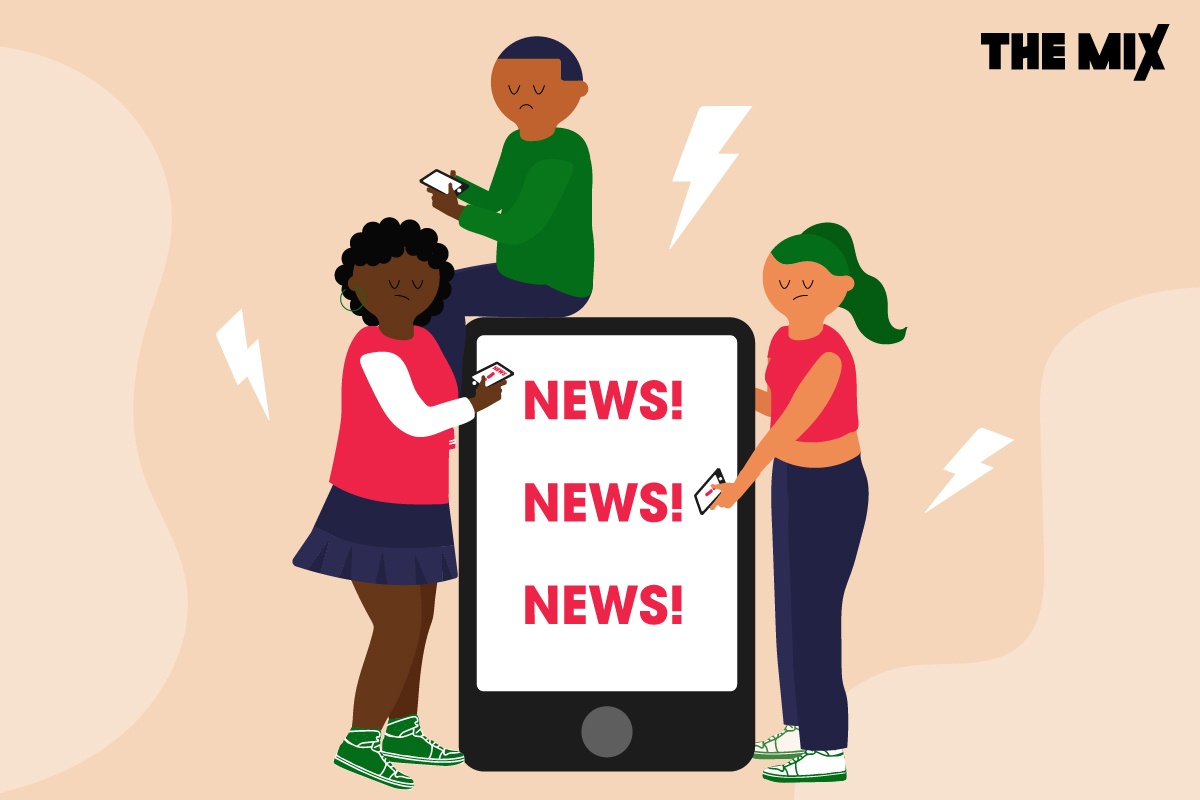What is monkeypox and should I be worried?

After the immense drama of Covid, it’s hard not to panic at the sound of a new infection doing the rounds. But the point of this article is to reassure you – the likelihood of catching monkeypox is low and the risk associated with the infection is very low. That being said, there are still a few important things to take into account. Read on to find out more.
What is monkeypox and how can I catch it?
Monkeypox is an infection usually found in West or Central Africa, but more recently there have been cases reported in the UK and other countries around the world. The World Health Organisation (WHO) have recently raised the threat level for the infection, as cases have spread more widely (over 18,000 cases reported at the time of writing), however it is believed that the outbreak can be stopped if governments follow WHO guidance.
People can catch monkeypox from infected animals in West and Central Africa but it can also be transmitted between people. Monkeypox can spread from person to person by:
- touching clothing, bedding or towels used by someone with the monkeypox rash
- touching monkeypox skin blisters or scabs (including during sex)
- the coughs or sneezes of a person with the monkeypox rash
Monkeypox is not a sexually transmitted disease but it can be transmitted through close contact, therefore having sex is a common way to pass on the infection.
How do I know if I have monkeypox?
The early signs of monkeypox include a high temperature, a headache, muscle aches, swollen glands and exhaustion. A rash usually appears soon after the first symptoms – this often starts on the face and can spread to other parts of the body including the genitals.
According to the NHS, if you have an unexplained rash or lesion on your body, especially on your face or genitals, or if you have been in contact with someone with monkeypox, you should contact your GP or local sexual health clinic or call 111. Do not go to a hospital, surgery or clinic in person unless you arrange an appointment in advance.
Is monkeypox dangerous?
The overwhelming message from the WHO and the NHS is that monkeypox does not pose a big risk to the public. The infection itself is usually mild and most people recover within a few weeks without treatment. A very small number of people will become more seriously ill and may need to spend time in hospital. The people most at risk of becoming seriously unwell are those with compromised immune systems, pregnant women and children.
Why are there more monkeypox cases among gay and bisexual men?
It’s not known exactly why there are more cases of monkeypox among gay and bisexual men. But it’s presumed this community of people were simply exposed to the virus first and therefore cases are more prominent among them.
There is a risk that gay and bisexual men will be stigmatised and that monkeypox will be seen as a ‘gay disease’. It is really important to note that anyone can catch monkeypox, it is not exclusive to the gay or bisexual community. If you are gay or bisexual and are being treated differently because of the virus, this is homophobia and should not be tolerated. You can get free and confidential support for homophobia by contacting LGBT Switchboard or chat to other young people going through the same thing on our community.
What can I do to keep safe?
The NHS is offering vaccinations to those who are most likely to be exposed to monkeypox; this is known as the MVA (smallpox) vaccination.
Those eligible include:
- some healthcare workers
- some men who are gay, bisexual or have sex with other men
- people who have been in close contact with someone who has monkeypox
The NHS will get in touch with you to let you know if you are eligible for a vaccination and you may also be offered a second one in future to help you stay protected. You can find more information here.
If you’re worried about catching it or passing it onto someone with a vulnerable immune system, it’s a good idea to practice what we all learnt during Covid. Wash your hands more often, avoiding contact with anyone who has symptoms and wear a face mask if it makes you feel more comfortable – you know the drill!
Next Steps
- Chat about this subject on our Discussion Boards.
By Olivia Capadose
Updated on 07-Jun-2022
Sorry, comments closed
No featured article









